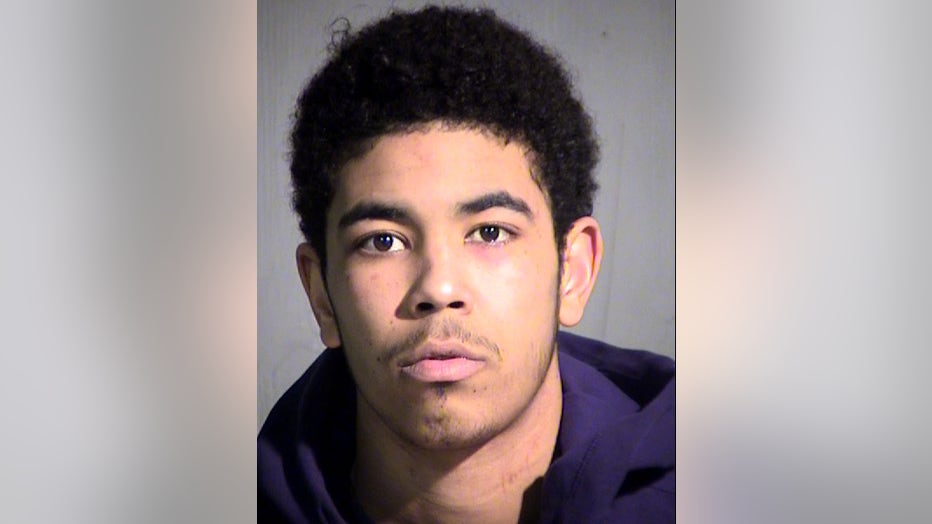Jurors in trial of Tempe firefighter's murder allege coercion during deliberations, putting guilty verdict in question

Jurors in trial of Tempe firefighter’s murder allege coercion during deliberations, putting guilty verdict in question
The man convicted of murdering Tempe firefighter Kyle Brayer will not be sentenced on Friday, as originally scheduled.
PHOENIX (FOX 10) - The man convicted of murdering Tempe firefighter Kyle Brayer will not be sentenced on Friday, as originally scheduled.
In a shocking twist, the judge will instead hear testimony from one of the jurors that found 22-year-old Hezron Parks guilty.
Parks was convicted of second-degree murder for the 2018 shooting death of Brayer in Old Town Scottsdale. Parks claims Brayer was the aggressor, kicking his car as they were stalled in traffic. Brayer got off of the golf cart he was riding and walked towards the driver-side window. Parks fired one shot, killing Brayer.
During the trial, Parks told the jury his side of the story.
"And that's when I leaned away from him," said Parks, during the trial. "His head was just inside my window. I turned and grabbed my firearm. My attacker wasn't there anymore."
Now, the integrity of that verdict is in question because at least three jurors have come forward with claims of coercion during the deliberation process.
"The fact that a juror has come forward and expressed remorse for the guilty verdict is positive for the defense," said criminal defense attorney Russ Richelsoph.
It wasn't the defense, but the jury commissioner that brought the claims to the trial judge. Court records did not specify how the coercion happened, but legal experts say jurors can get passionate about their vote, which can lead to heated arguments.
"It could get to a situation where someone was making threats, or someone was saying 'we're never leaving here if you don't vote this way'," said Richelsoph.
If the judge determines the deliberation process was tampered with, he could declare a mistrial and toss the guilty verdict.
The coercer, meanwhile, could face legal action.
"Tampering with a jury is a criminal offense," said Richelsoph.
The type of coercion is unknown, and it could have come from someone outside of the jury as well. Judge Foster closed the hearing to the public to protect the juror, and if the judge declares a mistrial, then a new trial will be set.

Hezron Parks

